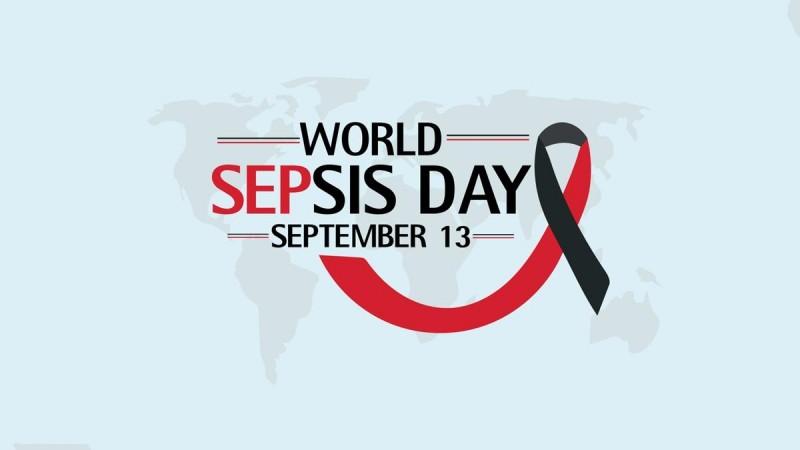
Sepsis, a life-threatening condition triggered by an infection, has been a global health concern for years. The urgency of addressing this issue is highlighted annually on World Sepsis Day, which falls on September 13. This day is dedicated to raising awareness about the devastating impact of sepsis, which claims millions of lives worldwide each year.
In 2020, the global sepsis cases reached a staggering 48.9 million, leading to 11 million deaths. This figure represents 20% of all global deaths, a statistic that underscores the severity of the condition. The burden of sepsis is particularly heavy in low- and middle-income countries, where 85% of sepsis-related deaths occur.
India, a middle-income country, reported an alarming 11.3 million cases and 2.9 million deaths in 2020. These figures highlight the urgent need for improved prevention, early diagnosis, and effective treatment strategies in the country.
Sepsis is a medical emergency that can lead to severe outcomes, including organ failure, septic shock, and high mortality rates. Survivors may face long-term effects like chronic muscle weakness, pain, fatigue, and cognitive issues.

Dr. Chinnadurai R, Lead Consultant - Critical Care, Aster RV Hospital, explained the condition in layman's terms. Sepsis is a life-threatening emergency where the body's response to an infection spirals out of control, leading to self-damage of organs and impaired function, he said.
The condition often results from bacterial infections like pneumonia, urinary tract infections, abdominal infections, or bloodstream infections. Viruses such as influenza and Covid-19 can also trigger sepsis, while fungal and parasitic infections are less common causes.
The key to managing sepsis lies in immediate treatment. This involves early detection, administering broad-spectrum antibiotics within the first hour, providing supportive care (for example, intravenous fluids, oxygen), and controlling the infection source by draining abscesses or removing infected tissue.
Dr. Aakashneel Bhattacharya, Consultant, Infectious Diseases, Paras Health Gurugram, emphasized the importance of prevention. "Preventing sepsis starts with taking precautions such as practicing good hygiene, keeping wounds clean and covered, staying up-to-date on vaccinations, and seeking timely medical care for infections before they escalate," he said.
The experts also called for raising awareness about sepsis through public education, early treatment, training healthcare professionals to manage sepsis effectively, and adhering to evidence-based guidelines.
With timely recognition and treatment, the rates of hospitalisation and death from sepsis can be significantly reduced. This is a crucial point to remember, especially considering the historical context of sepsis.
In the past, sepsis was often a death sentence due to the lack of understanding and effective treatments. However, with advancements in medical science and increased awareness, the mortality rate has been gradually decreasing, although it remains high.
The World Health Organization (WHO) has recognized sepsis as a global health priority and is working towards reducing the burden of sepsis worldwide. The organization has developed guidelines and strategies to prevent, diagnose, and manage sepsis, emphasizing the importance of early recognition and treatment.














